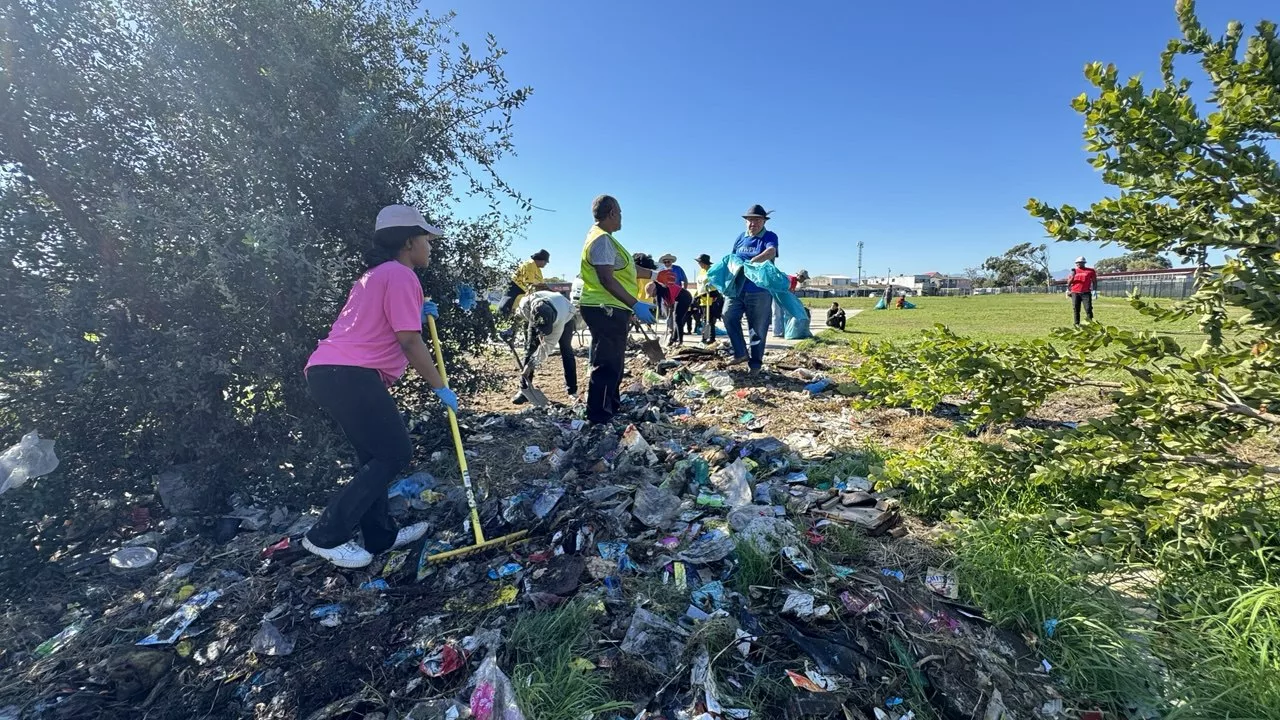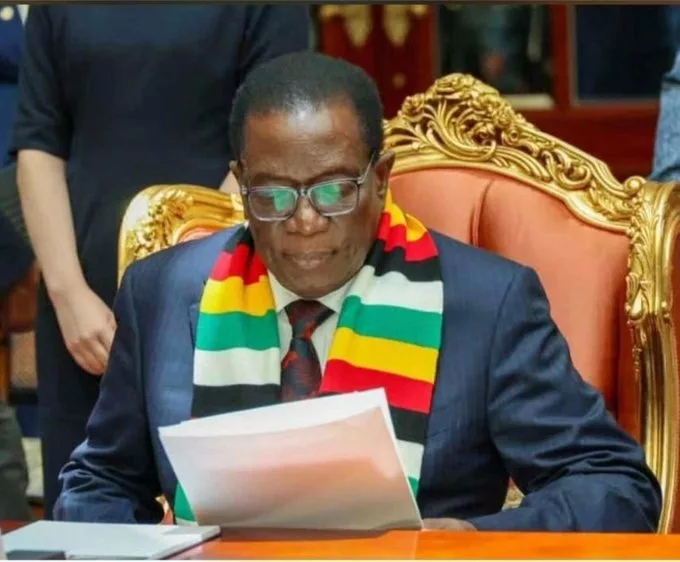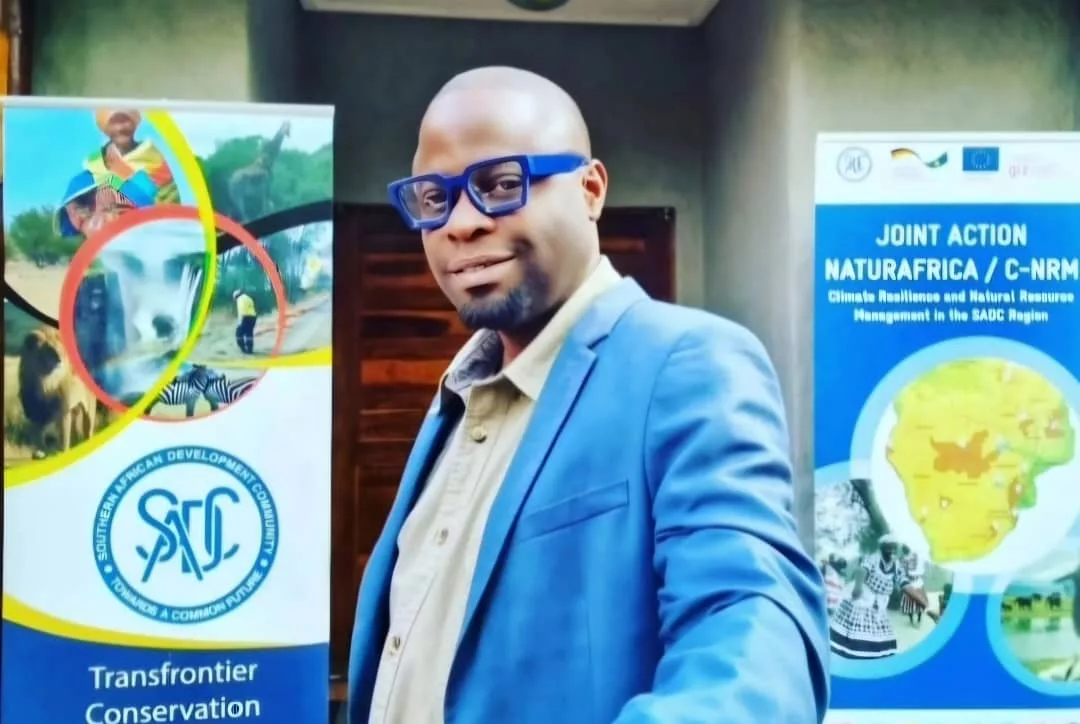The Southern Africa Development Community (SADC) Secretariat and the United Nations, Educational, Scientific and Cultural Organisation (UNESCO) have signed a Joint Statement and Action Plan on ensuring continuity of learning in the context of COVID-19.
In a Joint Statement, signed by the Executive Secretary of SADC, Her Excellence Dr. Stergomena Lawrence Tax and the Regional Director and Representative for the UNESCO Regional Office for Southern Africa Prof. Hubert Gijzen, the two Organisations are rallying development partners, international organizations, civil society organisations and private sector in a Broad Coalition to ensure #LearningNeverStops.
The two organisations highlighted the importance of regional coordination and partnerships in responding to the COVID-19 to avoid duplication of efforts and resources.
The SADC Secretariat agreed to work with UNESCO, leading a Global Education Coalition to support SADC Member States in mitigating the effects of the coronavirus on education, and in ensuring the continuity of education and learning programmes.
The COVID-19 crisis has resulted in massive closure of schools, polytechnics, and universities affecting more than 1.5 billion learners and youth across the planet. School closures widen education inequalities and affect vulnerable children and youth disproportionately. We have a responsibility to ensure continuity, inclusion, and equity for all learners.
Through their collaboration, SADC Secretariat and UNESCO seek to facilitate inclusive learning opportunities for children, and youth during this period of sudden and unprecedented educational disruption. This is to support countries in scaling up good practices of distance learning solutions and reaching the most at-risk children and youth. Investment in remote learning should both mitigate the immediate disruption caused by COVID-19 and accelerate the development of more open and flexible quality education systems.
Through this agreement, the SADC Secretariat and UNESCO commit to working with the SADC Member States, and other Global Coalition partners to provide support to the Member States to ensure continuity of education under the hashtag #LearningNeverStops. Support will be provided to SADC countries for mobilizing resources and implementing innovative, and context-appropriate solutions to provide education and learning remotely, leveraging hi-tech, low-tech and no-tech approaches, and seek equitable solutions and universal access.
Strengthening access to innovative distance learning opportunities will ensure the provision of high-quality curricular content. It also presents an opportunity to strengthen science, technology, engineering, and mathematics (STEM) education to ensure learners will develop the right knowledge, skills and creative minds required by productive sectors in member states.
Specifically, the SADC Secretariat – UNESCO partnership will focus on:
Making distance learning possible for all learners at all levels;
• Create awareness on the importance of health and hygiene, and on COVID-19 prevention through age-appropriate information about coronavirus and another infectious disease for teachers and learners;
• Support teachers and teacher educators through access and capacity building to use relevant technologies to facilitate and support distance learning;
• Strengthen capacities and skills for quality STEM education, to ensure learners develop creative minds, and the knowledge and skills required by productive sectors for the implementation of the SADC Industrialisation Strategy; and
• Improve science, technology, and innovation (STI) and research and development (R&D) response to COVID-19 through the dissemination of timely and relevant research output, including sharing best practices, information, mutual learning, and upscaling initiative with a regional dimension, and minimising duplication of efforts on COVID-19.
The partnership will seek equitable solutions, ensure coordinated responses, and avoid overlapping efforts while facilitating the return of students to school when they reopen to avoid an upsurge in dropout rates.






